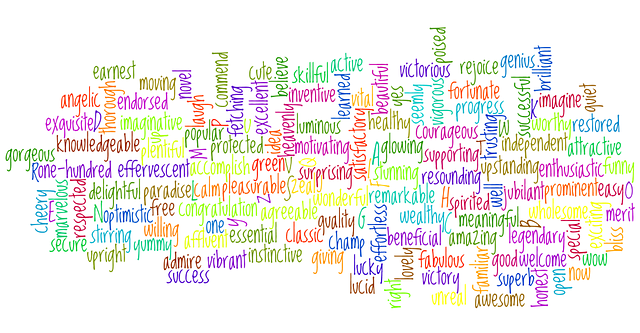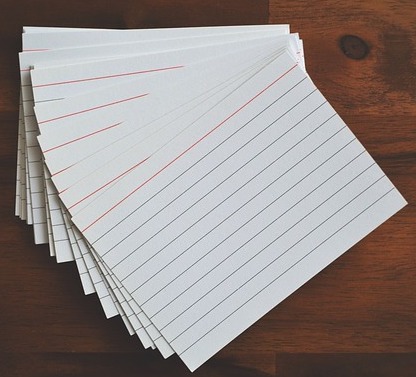Parts of Speech
Just as parts of a car have specific names, so do parts of the English language. Of course, some parts belong to other parts: an irregular verb can be in the present tense, or a noun can be possessive. Think about how these parts of speech fit together. Practice identifying the parts of speech in your everyday English reading.

Although the names for grammar terminology are called "parts of speech," they are also parts of writing. Usually, there are eight parts of speech that are commonly discussed in grammar books: noun, pronoun, verb, adjective, adverb, preposition, conjunction, and article.
However, there are many other grammatical terms to know as they relate to writing. Here's a list of 40 terms (there are, of course, many more). How many do you already know? You may want to write this list down or make flashcards for yourself to help you remember them. Don't just memorize the definition, also think of examples of each idea.

You will remember things better if you write them out, rather than just print them out or read them on the screen.
- adjective (Example: "a yellow flower"; yellow is the adjective)
- adverb (Example: "eat slowly"; slowly is the adverb)
- agreement (Example: "dogs bark vs. a dog barks"; the subject and verb agree in these examples)
- article (Example: "a yellow flower"; a is the article)
- auxiliary verb (Example: "I was running"; was is the auxiliary verb)
- comparative (Example: "the red building is taller than the other"; taller is the comparative)
- compound noun (Example: "toothpaste and bus stop" are compound nouns)
- conditional (Example: "If it's sunny, I'll go swimming"; this phrase expresses a conditional)
- conjunction (Example: "paper and pencils"; and is the conjunction)
- continuous (Example: "He is running"; is running is the continuous verb)
- contraction (Example: "I can't"; can't is the contraction)
- count noun (Example: "three pencils"; pencil is a count noun)
- demonstrative pronoun (Example: "this yellow flower"; this is the demonstrative)
- determiner (Example: "the yellow flower"; the is the determiner)
- the direct object (Example: "I dropped the cup"; cup is the direct object)
- future tense/aspect (Example: "He will go"; will express the future)
- gerund (Example: "Swimming is fun"; swimming is the gerund)
- infinitive (Example: "I want to eat"; to eat is the infinitive)
- intransitive verb (Example: "I swim in the morning"; swim is an intransitive verb)
- irregular noun (Example: "child vs. children"; children is an irregular plural noun)
- irregular verb (Example: "go vs went"; went is an irregular verb)
- mass noun (Example: "furniture"; furniture is a mass noun)
- modal (Example: "I should go"; should is the modal)
- noun (Example: "a yellow flower"; flower is the noun)
- participle (Example: "I picked a yellow flower"; picked a yellow flower is the participle)
- past tense (Example: "He ate an apple"; ate is in the past tense)
- perfect tense (Example: "I have jumped"; have jumped is in the (past) perfect tense)
- phrasal verb (Example: "look up that word"; look up is the phrasal verb)
- plural (Example: "pencil vs. pencils"; pencils is the plural)
- possessive (Example: "Mario's book"; Mario's is the possessive)
- preposition (Example: "the book on the table"; on is the preposition)
- present tense (Example: "I am at school"; am is the present tense)
- pronoun (Example: "You are nice"; you is a pronoun)
- proper noun (Example: "France"; France is a proper noun)
- reflexive pronoun (Example: "he shaved himself"; himself is the reflexive pronoun)
- the relative pronoun (Example: "I want the book that you wrote"; that is the relative pronoun)
- subjunctive (Example: "I request you stay here"; This phrase is expressed in the subjunctive)
- superlative (Example: "the tallest building"; tallest is the superlative form)
- transitive verb (Example: "I ate cereal"; ate is a transitive verb)
- verb (Example: "He hopped"; hopped is the verb)
Comments
Post a Comment